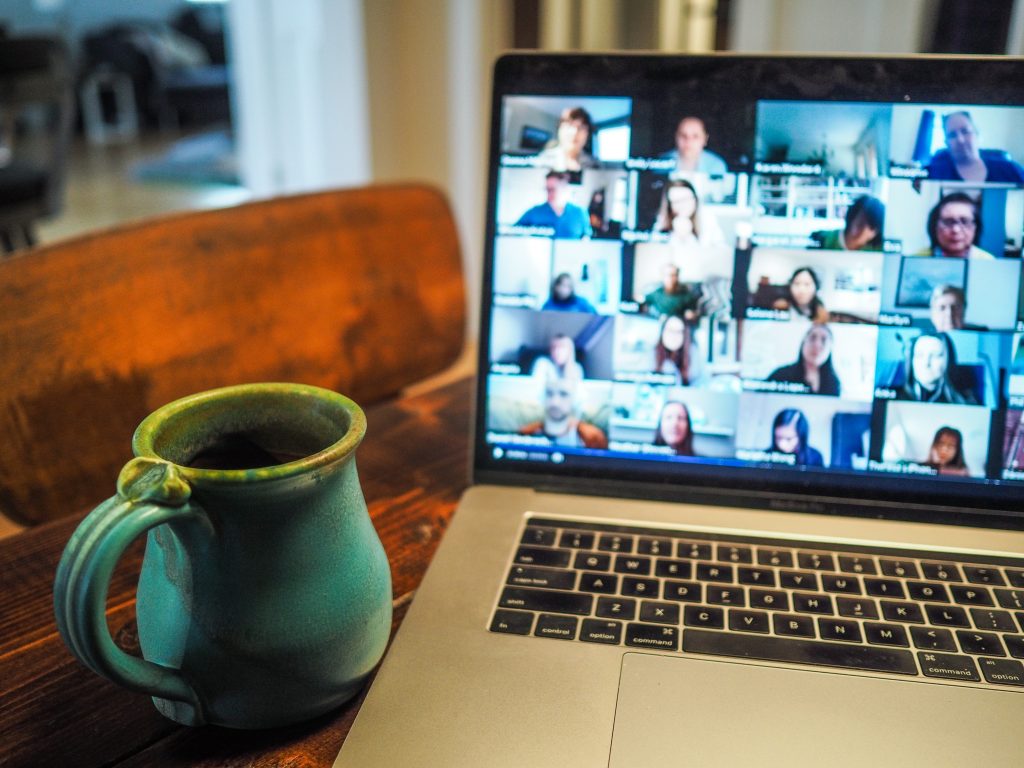The Good, the Bad, and the Ugly About Working from Home
May 5, 2020Working from home used to be a luxury. The thought of sleeping in and not changing out of pajamas was a dream that was only within reach a few times a year, if that. However, now, it has become a reality across the globe.

Most countries today have several measures in place that restrict the movement of their citizens. In response to this, the water level of the Sea of Galilee is the highest it has been since 2004, air pollution has declined over China as well as throughout the US, and over 250,000 sea turtles in India have been able to lay eggs without human disturbance. However, while the environment may be bringing itself back into a state of equilibrium, those who are forced to work from home for this undefined period of time may not be doing as well.
Instead of just talking about the environmental benefits of staying home, ZAVIT spoke with people who have had to change their working style for the past few weeks to understand the pros and cons of working from home.
Our interviewees work in the journalism and high-tech industries, and they are still working on a daily basis.
Some challenges presented while working from home include slower internet connections, miscommunications with colleagues, staying motivated, and not having enough separation between business and pleasure. In particular, Molly, who works in high-tech, said, “I work on the creative team at my company, and usually I do different types of work in different spaces to refresh my mind. So staying in a small apartment and working every day alone has been strenuous on that creativity.”
In order to conquer these challenges, mindsets need to shift. “Overcoming these problems is a work in progress,” says Molly. “I’ve tried redesigning my apartment a few times. I have new desk furniture and chairs to make a home office. I can order plants to make my balcony nicer. And I work out at home so I can take a break and forget about work.”
There are some positive aspects to working from home, including getting to sleep in longer, saving money, time, and stress from the lack of commute as well as eating at home, and of course, staying in pajamas, says Adi, who works in journalism. In addition, Molly has a cat and mentions that he is very happy to have her home.
The work-life balance seems a bit more challenging than usual. With employees working unconventional hours because of the new regulations, it is hard to be disconnected. “There really is blurred lines between work-life balance because doing work actually distracts me from being trapped in my apartment. And I like feeling productive during this time,” says Molly.

In times of crisis, we often neglect our mental health. However, these are the most crucial times to keep up with the things that make us happy. Adi mentions that since she is cooking more during her time working from home, she is focused on eating healthier. There was a consensus between the two participants that home workouts are a must in order to keep a healthy mentality. In addition, video chatting with friends and family, taking up a new hobby (for instance, embroidery), and watching new movies and TV shows are also a way to keep up mental health.
We also spoke to people in the hospitality and cultural industries, are no longer working since their places of employment will not be open for the foreseeable future. Those working in hospitality were either told that they would be going on sick leave or unpaid leave. Dor, who worked at a bar, says, “I stopped working March 6th and will not be working until at least April 16th. I’ll only be able to go back to work once nightlife resumes.”
“I work in the Israeli Philharmonic,” says Yonaton. “I stopped working in the aftermath of the crisis, but I am currently receiving a full salary. I do not know when I will return to work, and if the crisis continues, then I will probably stop receiving a salary.”
In the meantime, those who are not getting paid are signing up for unemployment, but that doesn’t fully alleviate the stress that comes with this change. “If things continue for more than two weeks, my worries will increase,” says Emma, who worked at a restaurant.
However, in order to calm nerves, some employers have kept in contact with their employees. “Every few days, my bosses send my other coworkers and me messages in WhatsApp to check in on us,” says Amit, who worked at a café.
To help maintain a healthy mental state while not working, Dor, who is still in school, says he is trying to keep up with his online classes and projects. In addition, Yonatan says, “mentally, I’m fine and staying optimistic by practicing a lot.”
One thing that everyone can agree upon is that they hope that quarantine will end soon and that life will go back to normal. Until then, the consensus is to maintain some kind of schedule and normalcy as well as talking to friends, family, and picking up hobbies.
This ZAVIT article was also published in The Jewish Journal on 04/27/2020.







